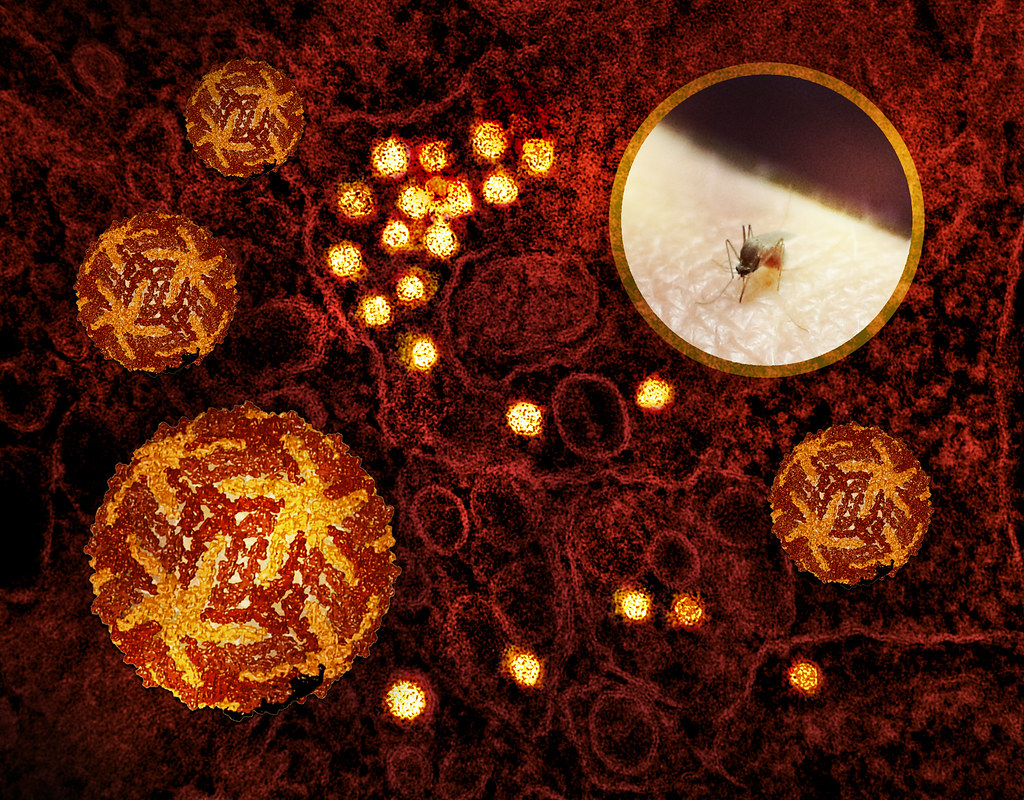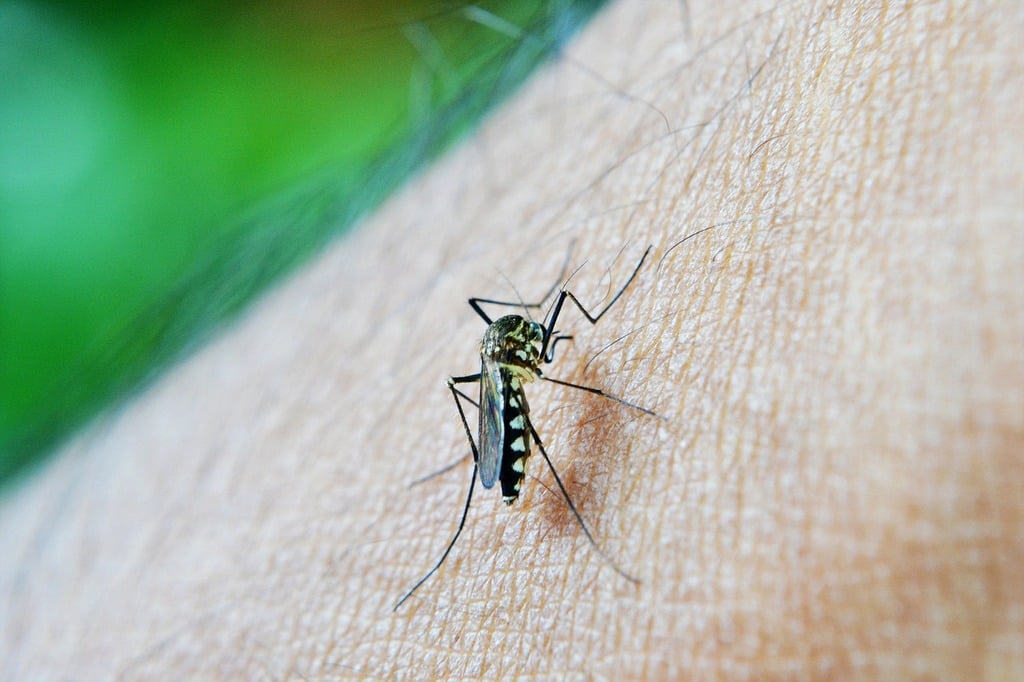What is West Nile Virus?
West Nile Virus (WNV) is a viral infection transmitted primarily by mosquitoes. It was first identified in Uganda in 1937 and has since spread to many parts of the world, including the United States. The virus can cause various symptoms, from mild flu-like signs to more severe neurological conditions. Understanding its transmission and prevention is crucial to protecting yourself and your community.
How is West Nile Virus Transmitted?
Mosquitoes are the primary vectors of West Nile Virus. When a mosquito bites an infected bird, it picks up the virus. The mosquito then transmits the virus to humans and other animals through subsequent bites. Not all mosquitoes carry the virus, but those that do can spread it widely. Human-to-human transmission does not occur; the virus requires a mosquito to bridge the gap.Affected Areas
West Nile Virus has been reported in many regions, especially in areas with high mosquito populations. In the United States, it is most common in the late summer and early fall, when mosquitoes are most active. It has been observed more frequently in urban and suburban areas with dense mosquito populations. Understanding where the virus is active can help preventive measures be taken.Symptoms and Diagnosis
Most people infected with West Nile Virus do not show symptoms. About 20% of people may develop mild symptoms such as fever, headache, and body aches. In rare cases, severe symptoms can occur, including high fever, neck stiffness, and confusion. These severe cases require immediate medical attention and can lead to complications like encephalitis or meningitis.Treatment Options
Specific treatment is not available for West Nile Virus. Management focuses on relieving symptoms and may include pain relievers, hydration, and rest. In severe cases, hospitalization may be required to manage complications and provide supportive care. Preventive measures are the best approach to avoid infection.
West Nile Virus Prevention Tips
Preventing mosquito bites is the most effective way. Here are some practical tips:- Use insect repellent: Apply repellent containing DEET, picaridin, or lemon eucalyptus oil.
- Wear protective clothing: Long sleeves, pants, and socks can reduce exposed skin.
- Avoid peak mosquito hours: Mosquitoes are most active during dawn and dusk.
- Eliminate standing water: Mosquitoes breed in collected open water, so empty containers and clean gutters regularly.
- Install screens: Use screens on windows and trap doors to keep mosquitoes out.
| Myth | Fact |
| West Nile Virus is only found in Africa. | West Nile Virus is present in many regions around the world, including North America. |
| You can get West Nile Virus from direct human contact. | West Nile Virus is transmitted through mosquito bites, not from person to person. |
| All mosquitoes carry the West Nile Virus. | Only certain species of mosquitoes carry the virus, and not all mosquitoes are infected. |
| You only need to worry about West Nile Virus in summer. | While the virus is more active in late summer and early fall, mosquitoes can also be active in other seasons. |
| West Nile Virus only affects older adults. | While older adults are at higher risk for severe illness, anyone can contract West Nile Virus. |




